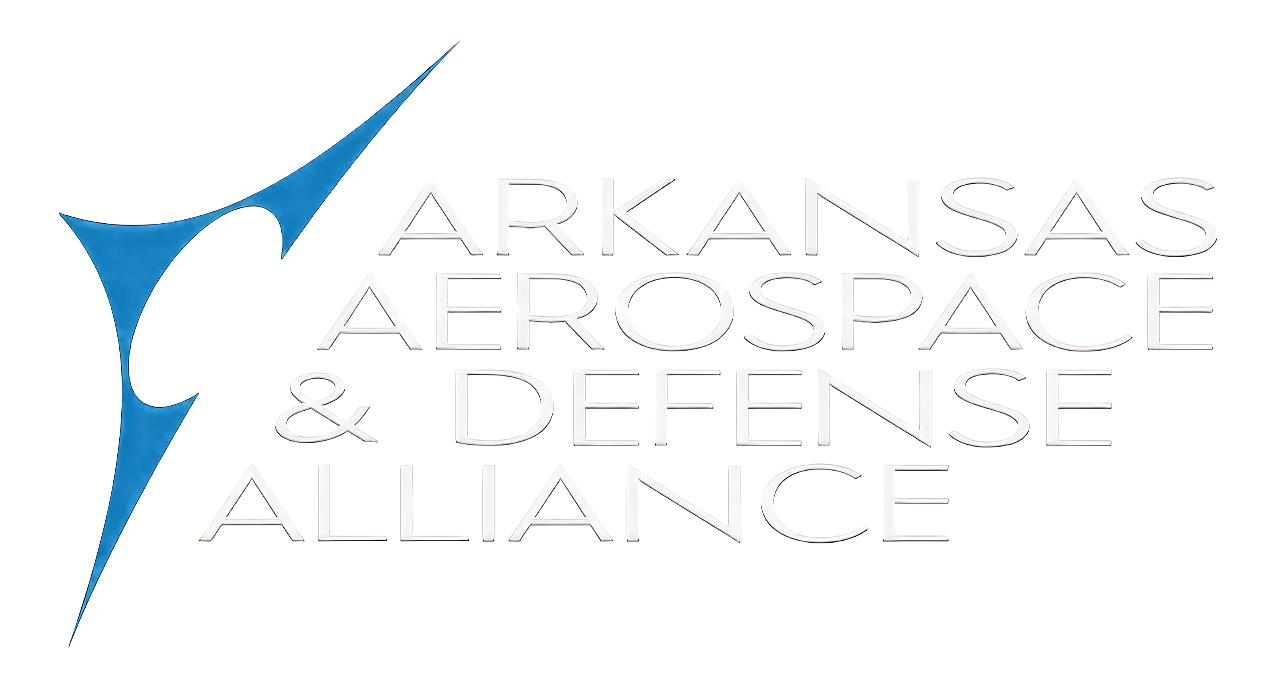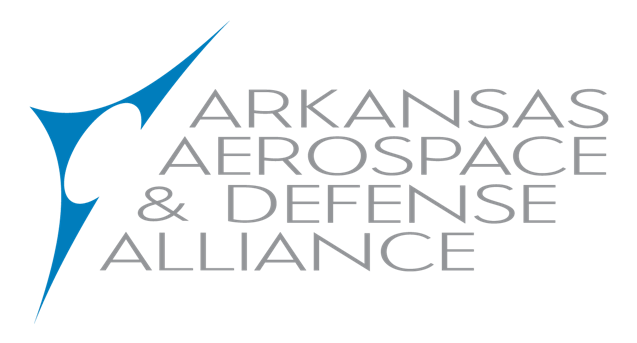Drone technology touted at LR forum
Saturday, 14 September 2013 12:46If approved, test site in Oklahoma expected to benefit Arkansas economically
By Emily Walkenhorst, Arkansas Democrat-Gazette, 9/14/13
Unmanned aerial systems - better known as "drones" - aren't yet legal for commercial use, but the technology could still bring hundreds of jobs and millions of dollars to Arkansas in the next few years, according to officials and drone commercialization supporters who spoke at a forum in Little Rock on Friday.
Stephen McKeever, Oklahoma's secretary of science and technology, told an audience of a few dozen people that he expects 2,000 more jobs and a multibillion-dollar economic impact in Oklahoma if the state is designated a drone test site by the Federal Aviation Administration by the end of the year.
McKeever; U.S. Sen. John Boozman, R-Ark; Rep. Tim Griffin, R-Ark., and others spoke at the Arkansas Aerospace Alliance's Unmanned Aerial Systems Forum at the University of Arkansas at Little Rock.
Oklahoma is one of 24 states that have a applied for a testing site, and the proposed site is one of 25 submitted overall.
The FAA, which oversees the use and regulation of aircraft, plans to select and announce six sites by the end of the year.
If Oklahoma is granted a site, officials there and in Arkansas said they hope to forge a partnership that could benefit Arkansas economically.
"I see the potential for a large economic boom," said Robin Pelton, aerospace sector manager for existing businesses for the Arkansas Economic Development Commission.
McKeever said remotely piloted aircraft can be used extensively in agriculture for crop-dusting and to monitor livestock. McKeever also expressed interest in using drones to monitor oil and gas pipelines, inspect electrical transmission lines, monitor the Interstate 40 corridor and as an added digital radar tool. He said he expects Arkansas to be able to participate in all of these things, if the test site is granted.
Chad Causey, executive director of the Arkansas Aerospace Alliance, told the Arkansas Democrat-Gazette he was "cautiously optimistic" that Oklahoma would become a test site because of facilities already established in the state, including a 200-square-mile restricted area for flying drones at Fort Sill - in central Oklahoma - and a unique master's degree and doctoral option in unmanned aerial systems at Oklahoma State University.
Even without the partnership or expanded federal regulations for commercial use of drones, the unmanned aviation industry in Arkansas is expected to grow, with companies producing parts that can be used to build the aircraft.
A different set of jobs is already anticipated for the Arkansas Air National Guard's 188th Fighter Wing in Fort Smith, which this week began its transition from a mission of operating A-10 Thunderbolt II jets to a mission of operating drones. Otherwise, drones are permitted by the FAA only for hobby use.
Hobby use means unmanned aircraft can't be used commercially, such as in the sale of photographs or video that might be taken by cameras attached to drones.
Drones can be used by anyone who doesn't use them for financial benefit, said James Robbins of the University of Arkansas Department of Agriculture.
This includes such activities as the Unmanned Aerial Vehicle Flight School in North Little Rock and the drone journalism research laboratories at the University of Nebraska-Lincoln and the University of Missouri, he said.
Pelton said she hopes Oklahoma's and Arkansas' major research universities would be able to study expanded use of drones if the test site in Oklahoma is granted, adding that drones are potentially cheaper and more efficient for certain things, such as crop-dusting, than other current technology.
The main technological hang-up for drones, she said, is that their batteries usually don't last more than 20 or 30 minutes, although researchers have experimented with solar panels and other technology to allow craft to operate longer.
From the way she hears researchers and technological experts react to drones, she said, a better battery might only be a matter of time.
Association for Unmanned Vehicle Systems International president and CEO Michael Tuscano told the forum audience that drones reduce costs, increase service and reduce risk, making them more efficient tools overall.
Tuscano's organization advocates for advancing the legal use of drones, and Tuscano noted that U.S. law already protects residents from common fears people have of drone usage.
He said people worried about their Fourth Amendment rights, which protect them from unlawful search and seizure, could see those rights breached in numerous ways, with drones being only one of the methods used to do so.
"It's not how you break the law, it's if you break the law," Tuscano said.
"All things can be misused," he added. "We're not going to weaponize these things."
Tuscano also said that his organization advocates for responsible cooperation with the government, which might be concerned with big data collected by drones.
Boozman told the audience that he wanted to do what he could in his congressional position to advocate for FAA policies that would allow the partnership between Oklahoma and Arkansas.
He called the partnership one of "the little things" - referencing an idea he learned from former Nebraska Congressman Tom Osborne - to help Arkansas prosper.
The forum Friday was a start.
"This is how you solve problems, is getting people like this together," he said.
Arkansas, Pages 10 on 09/14/201


